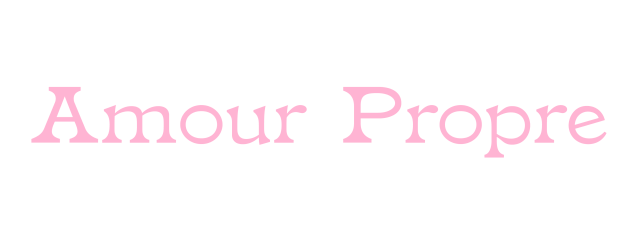Amour Propre
Noun
- A sense of one’s own worth; self-respect.
Example Sentences
“I’m over him, but my amour propre stings a little bit when I see my ex post with his new girlfriend.”
“He lost the game, but held onto his amour propre by showing good sportsmanship.”
“I get a boost to my amour propre when I get recognition for one of my ideas.”
Word Origin
French, late 18th century
Why this word?
The concept of self-esteem isn’t a 20th-century self-help invention. The phrase “amour propre,” borrowed from French, translates literally as “self-love,” but the usage is a general sense of one’s own worth and self-respect — in other words, self-esteem. The French term came into use through 17th-century philosopher Jean-Jacque Rousseau. He distinguished between two kinds of self-love: amour de soi and amour-propre. The former is the kind of interest we take in our own comfort and survival. The latter is more relational and concerns the value we place on ourselves according to the recognition we receive from others. The concept of self-esteem today would differ from Rousseau’s “amour propre” in that the self-love has to come from within.
top picks in Inbox Studio network
Word Daily is part of Inbox Studio, which publishes content that uplifts, informs, and inspires.










 Subscribe to Better Report
Subscribe to Better Report

